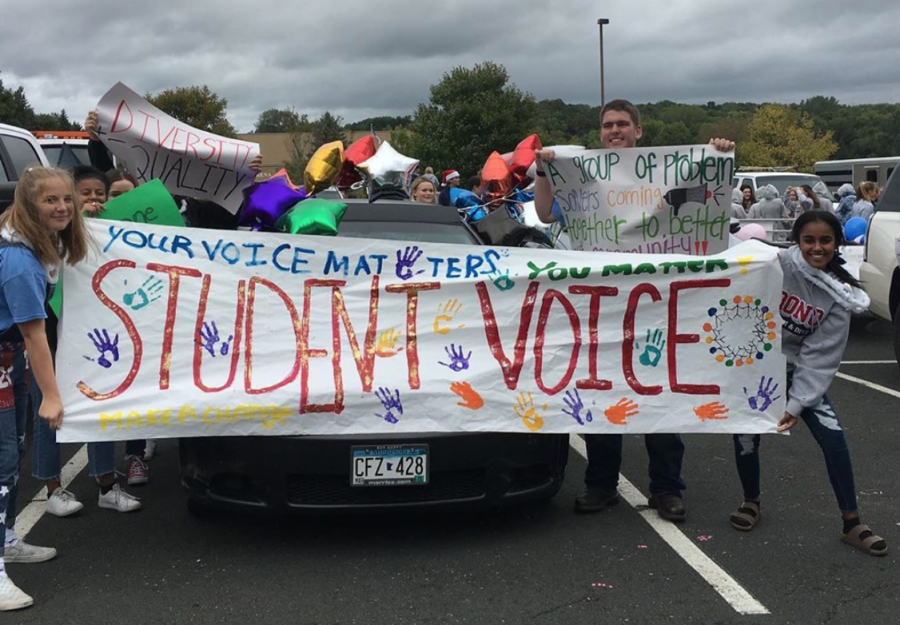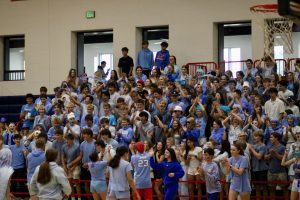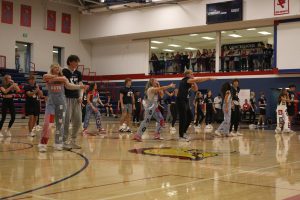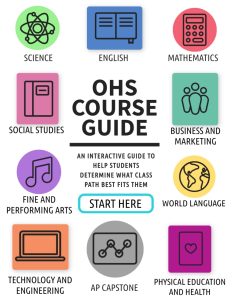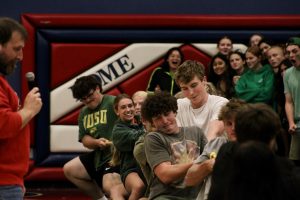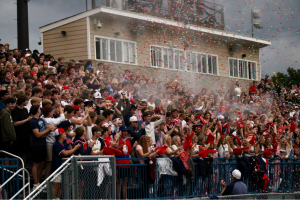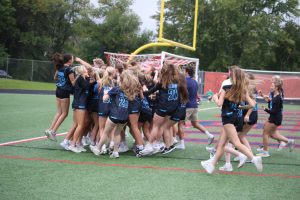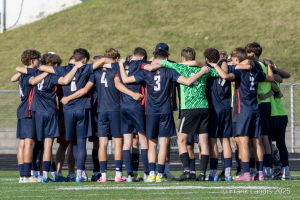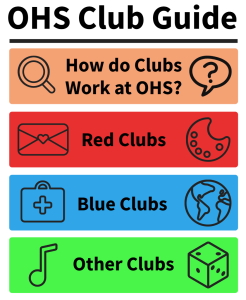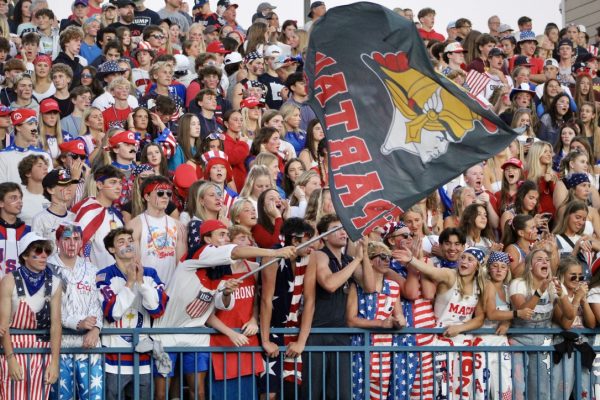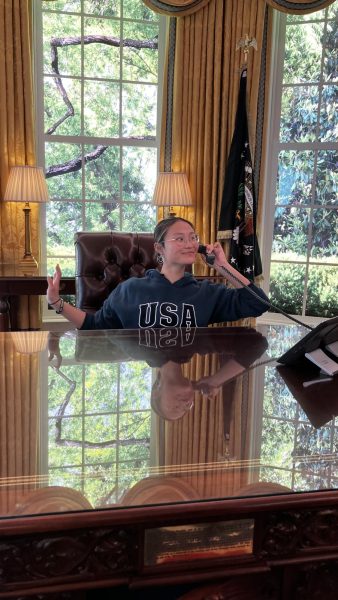Words still hurt: how various clubs are working to change the school’s culture
March 30, 2020
Nina Johnson
Editor in Chief
Though monumental strides have been made in the past 50 years to combat explicit racism, homophobia and misogyny, implicit biases still thrive in school culture. A common name for this idea is the concept of microaggressions.
A microaggression is a comment or action that subtly and often unconsciously or unintentionally expresses a prejudiced attitude toward a member of a marginalized group, such as a racial minority, according to Merriam-Webster. This broad definition translates to a wide variety of undercuts charged with prejudice that “innocently” target groups. Orono students are starting a conversation in a variety of ways to combat a culture of complacency that still thrives in the district.
Research on the effect of microaggressions indicates that they have a strong grasp upon “the psychological well-being of marginalized groups and affect their standard of living by creating inequities in health care, education, and employment,” according to Psychology Today.
One of Orono’s newest clubs is Student Voice, which is a group of passionate and eager students working to bring to light different issues to both staff members as well as the student body. The club’s last meeting, however, centered around Black History Month and, more specifically, educating Orono students on what it means to be black in the twenty-first century and in a predominantly white school.
During the presentation, the presenters all chose their own topic, but perhaps the most poignant for Orono students was the video on microaggressions. Complacency is something that everyone is guilty of, and Student Voice is asking students to think twice about how they could be microaggressions, which are usually delivered by well-intentioned individuals unaware that they have engaged in harmful conduct toward a socially devalued group.
Pride Club, which originated from Orono’s GSA, is a club that was recently revamped this year by three students: Kenzie Taylor, Logan Rodewald and Audrey Rodewald.
“I think Pride Club’s existence not only helps people in the LGBTQ community and allies but also opens a conversation to people who aren’t in the club,” Pride Club member Molly Martini said.
During these fun, holiday-themed Pride Club meetings, the group focuses on different topics all with the intent of being a safe and inclusive place for everyone in the school.
“We’ve also been planning a campaign to help end the F word (six letters, not four) and to end various microaggressions. Things like this open the door for people who might want to join Pride Club but are afraid,” Martini said.
Along with these other clubs, one of the largest is the Unified team. Orono’s Unified team is a branch of the national Unified program run through the Special Olympics, which works to promote social inclusivity through sports and competition. The club holds true the ideals of breaking down stereotypes of intellectual disabilities in a fun and active way. The idea of Unified was inspired by one principle, and that is that training together and playing together is a quick path to friendship and understanding, according to the Special Olympics website.
“Unified has had an extremely positive impact on our school’s culture. This can be seen all throughout the school: the classrooms, hallways, etc. I was lucky enough to be given the opportunity to play in the tournament held at the activity center and the amount of support we had, not just high school students but students from all the schools in the district, really reflected the values that our Unified club stands for,” Unified member Ava Larson said.
Beyond just the physical inclusivity that Unified offers to all students–which boasts over 300 members in the Orono chapter–another driving force is the ‘Spread the Word to End the Word’ campaign. Marking its tenth year, this Special Olympics grassroots movement continues to disrupt the cycle of isolation and exclusion by putting a stop to common microaggressions that often go unpunished.
“I would say that however much effort someone gives into including or just being kind, they get twice as much back; I see that all the time in Unified,” Unified Co-Chair of Whole-School Engagement Josie Peterson said.
Orono students are following suit with the global conversation of inclusivity by speaking out for toxic language that dramatically affects a school’s culture. Student Voice, Pride Club and Unified are always looking for new, passionate members, so reach out to leaders in the school to get involved.

















































